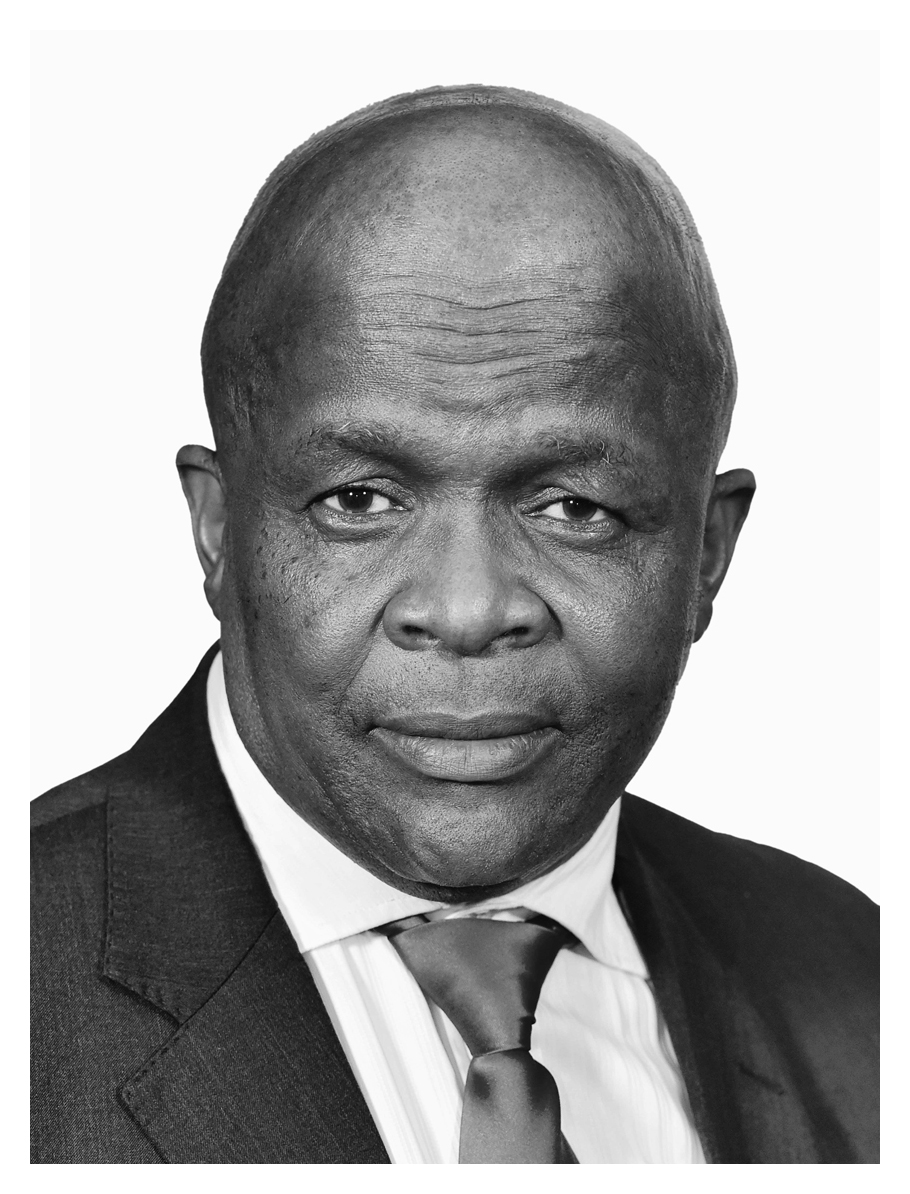Opening remarks at the media briefing by the National Energy Crisis Committee of Ministers

Good afternoon Ministers and members of the media,
As you are all aware, President Cyril Ramaphosa addressed the nation on Monday 25 July 2022 where he announced an unprecedented set of interventions to end load shedding and achieve energy security.
Load shedding is the single biggest constraint on South Africa’s economic growth. Government is taking bold steps both to address the immediate crisis and to make load shedding a thing of the past. Further, we are mobilising all of the resources at our disposal and will do whatever it takes to achieve energy security.
I must emphasise that achieving energy security is our single most important objective as a country, to enable economic growth and job creation. Our short-term objective is to reduce the severity and frequency of load shedding through immediate measures to stabilize the energy system. Our long-term objective is to end load shedding altogether.
In this regard, Government will focus on:
1. First, improving the performance of Eskom’s existing power stations; and
2. Second, adding as much new generation capacity to the grid as possible, as quickly as possible.
To this end, the President established the NECOM – a National Energy Crisis Committee – comprising all relevant government departments and Eskom, led by the Director-General in the Presidency, Ms Phindile Baleni. This structure reports to an Inter-Ministerial Committee, which will be chaired by the President and comprises the Minister in the Presidency, the Minister of Mineral Resources and Energy, the Minister of Public Enterprises, the Minister of Finance, the Minister of Forestry Fisheries and the Environment and the Minister of Trade Industry and Competition.
Several actions have already been taken to address the shortfall in electricity supply, which is the main cause of load shedding. Some of these actions include:
· Changes have been made to the Regulations on New Generation Capacity to allow Municipalities to procure power independently. As a result, several municipalities are in the process of procuring additional power.
· One of the first steps President Cyril Ramaphosa took was to revive the renewable energy procurement programme. This enabled 2205 MW from Bid Window 4 to proceed to construction, the majority of which has now been connected to the grid.
· A further 6800 MW of solar PV and wind power is being procured in terms of the current Ministerial determination. This additional generation capacity will connect to the grid from late 2023. Another 3000 MW of gas and 513 of battery storage will be procured through the next bid windows.
· In 2021, we raised the licensing threshold from 1MW to 100MW. This has resulted in a pipeline of more than 80 confirmed private sector projects under development with a combined capacity of over 6000 MW, several of which will commence construction this year.
· Eskom has established an independent transmission company and is on track to separate its generation and distribution businesses by the end of 2022.
These are just a few examples of the interventions government has already put in place. However, we recognize that we need to be responsive to the situation as it develops. The severe load shedding which we experienced last month showed that additional actions are necessary to restore system stability and increase generation capacity.
Today, the Ministers will be unpacking these actions in more detail as well as outlining the next steps to ensure effective implementation.
The plan announced by the President includes five interventions with specific actions and timeframes to address the electricity shortfall:
1. Fix Eskom and improve the availability of existing supply
2. Enable and accelerate private investment in generation capacity
3. Accelerate procurement of new capacity from renewables, gas and battery storage
4. Unleash businesses and households to invest in rooftop solar
5. Fundamentally transform the electricity sector to achieve long-term energy security.
The NECOM has already begun to meet regularly to ensure that these actions are implemented swiftly. Eight workstreams have been established to ensure coordination across government, and discussions are underway with the private sector and other social partners to ensure that the best available expertise in the country is brought into this effort.
As the President said in his address to the nation: “The crisis that we are facing requires that we should take bold, courageous and decisive action to close the electricity gap.”
That is our overriding objective as government.
I will now hand over to the Ministers to provide further details.




